Earth

Educators and Parents, Sign Up for The Cheat Sheet
Weekly updates to help you use Science News Explores in the learning environment
Thank you for signing up!
There was a problem signing you up.
-
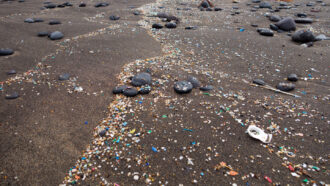 Materials Science
Materials ScienceLet’s learn about microplastics
Microplastics have turned up everywhere from the highest mountains to the bottom of the ocean — and even inside animals and people.
-
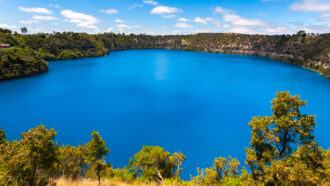 Climate
ClimateWarming temps could turn some blue lakes green or brown
Slightly warmer summers could cause thousands of blue lakes to become a murky green or brown, according to a tally of color in 85,000 lakes worldwide.
-
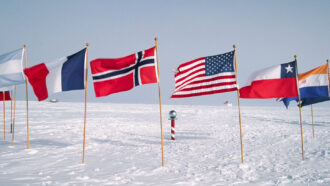 Earth
EarthScientists Say: Pole
A pole is either of two opposite ends of a molecule, magnet, battery, planet or other object.
-
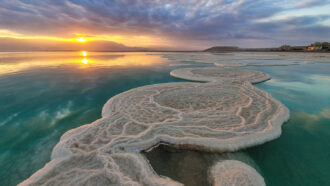
-
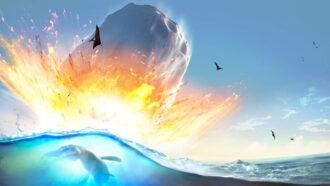 Earth
EarthNot one, but two asteroids might have ended the age of dinosaurs
A craterlike structure found off the coast of West Africa might have been formed by an asteroid that struck around the time dinosaurs went extinct.
By Nikk Ogasa -
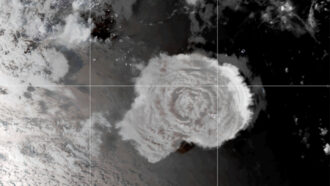 Earth
EarthOne 2022 tsunami may have been as tall as the Statue of Liberty
A massive volcanic eruption in the South Pacific, earlier this year, appears to have triggered one tsunami that was initially 90 meters (nearly 300 feet) tall.
By Sid Perkins -
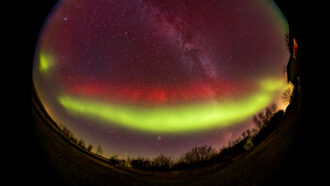 Space
SpaceAmateur astronomers reveal clues to a mysterious double aurora
Stunning images from citizen scientists show an unusual pattern in ‘Northern Lights.’ They offer clues that may help astronomers better understand a curious red glow.
By Asa Stahl -
 Climate
ClimateHeat waves appear more life-threatening than scientists once thought
This is bad news as a warming planet leads to growing numbers of excessive heat waves — and millions more people facing potentially deadly temperatures.
-
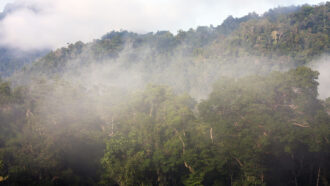 Earth
EarthScientists Say: Humidity
Feel sticky when you step outside on a summer day? Blame humidity — water in the air.
-
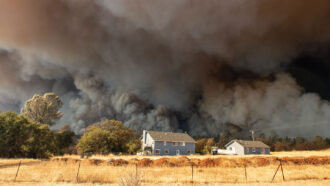 Environment
EnvironmentWestern wildfire smoke poses health risks from coast to coast
As wildfires become more common, their hazardous smoke is sending East Coast residents — especially children — to emergency rooms.
By Megan Sever -
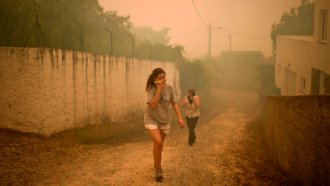 Health & Medicine
Health & MedicineWildfire smoke seems to pose its biggest health risk to kids
New studies, some of them in young monkeys, point to vulnerabilities affecting kids' airways, brains and immune systems.
By Megan Sever -
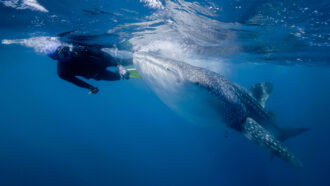 Animals
AnimalsWhale sharks may be the world’s largest omnivores
Chemical clues in the sharks’ skin show that the animals eat and digest algae.
By Freda Kreier